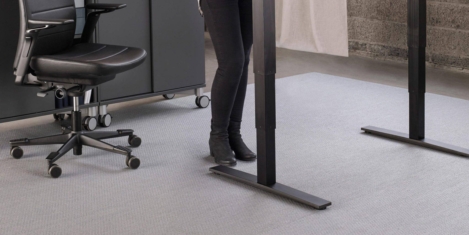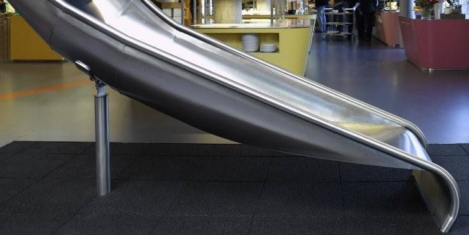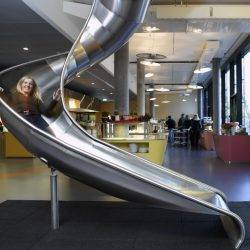October 11, 2017
UK improves opportunities for young workers, but faces longer term challenges from automation
 The UK could boost GDP by £43 billion if it reduces the number of young people not in education, employment or training (NEET) to match Germany, the best performing EU country. This is equivalent to a GDP increase of around £7,500 per 18-24 year old, according to estimates in PwC’s latest Young Workers Index. This year, the UK reached its highest position since the Index began in 2006, climbing to 18th out of 35 OECD countries from 20th last year. The UK’s improvement reflects lower youth unemployment and NEET rates as the economic recovery from the financial crisis has continued, but it still lags behind many other OECD countries, with Switzerland, Iceland and Germany leading the pack.
The UK could boost GDP by £43 billion if it reduces the number of young people not in education, employment or training (NEET) to match Germany, the best performing EU country. This is equivalent to a GDP increase of around £7,500 per 18-24 year old, according to estimates in PwC’s latest Young Workers Index. This year, the UK reached its highest position since the Index began in 2006, climbing to 18th out of 35 OECD countries from 20th last year. The UK’s improvement reflects lower youth unemployment and NEET rates as the economic recovery from the financial crisis has continued, but it still lags behind many other OECD countries, with Switzerland, Iceland and Germany leading the pack.























 The majority (94 percent) of workers are open to flexible ways of working such as part-time, freelance, contract, temporary or independent contract work a new report from ManpowerGroup has revealed. Coining the trend as NextGen work, the research suggests this approach to a job is a choice (81 percent) not a last resort (19 percent). Findings from #GigResponsibly: The Rise of NextGen Work – a global survey of 9,500 people in 12 countries – identifies a shift towards this new way of getting work done, and that it works for people and employers. People were asked how they want to work, what motivates them and their views on NextGen Work. More control over their schedule (42 percent), boosting their bank account (41 percent) and developing new skills (38 percent) are top reasons why this flexible kind of work is on the rise. The report also found that this flexible approach is not just attractive to Millennials, as meaningful work and employer appreciation are valued more by Boomers than any other generation. More than 80 percent of US workers say NextGen Work is a choice, not a last resort, and builds resilience for less predictable futures.
The majority (94 percent) of workers are open to flexible ways of working such as part-time, freelance, contract, temporary or independent contract work a new report from ManpowerGroup has revealed. Coining the trend as NextGen work, the research suggests this approach to a job is a choice (81 percent) not a last resort (19 percent). Findings from #GigResponsibly: The Rise of NextGen Work – a global survey of 9,500 people in 12 countries – identifies a shift towards this new way of getting work done, and that it works for people and employers. People were asked how they want to work, what motivates them and their views on NextGen Work. More control over their schedule (42 percent), boosting their bank account (41 percent) and developing new skills (38 percent) are top reasons why this flexible kind of work is on the rise. The report also found that this flexible approach is not just attractive to Millennials, as meaningful work and employer appreciation are valued more by Boomers than any other generation. More than 80 percent of US workers say NextGen Work is a choice, not a last resort, and builds resilience for less predictable futures.











October 10, 2017
We (still) need to talk about mental health in the workplace
by Liam Butler • Comment, Wellbeing
More →